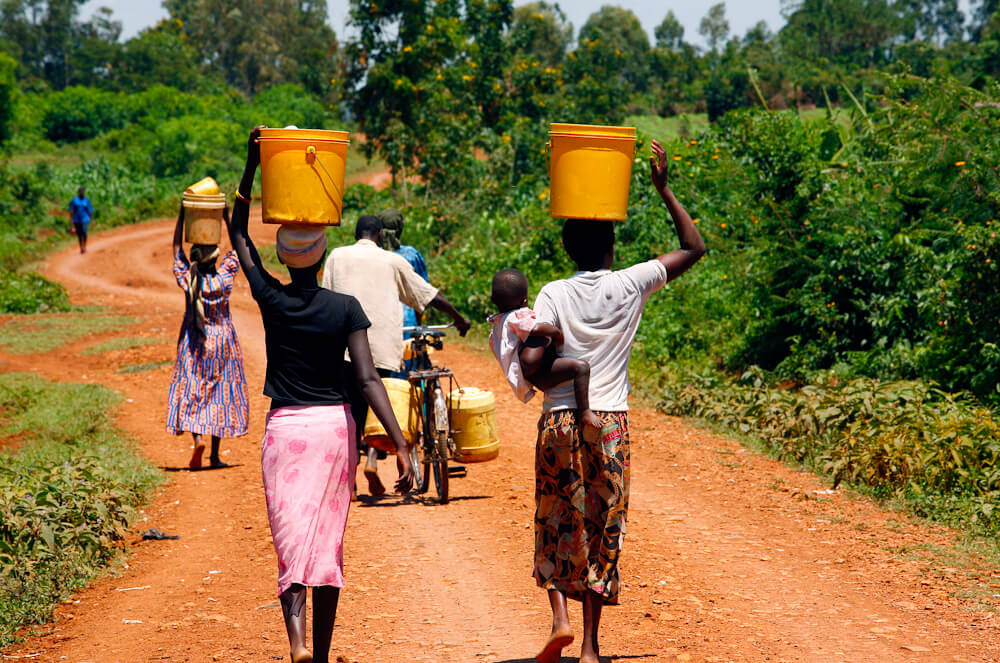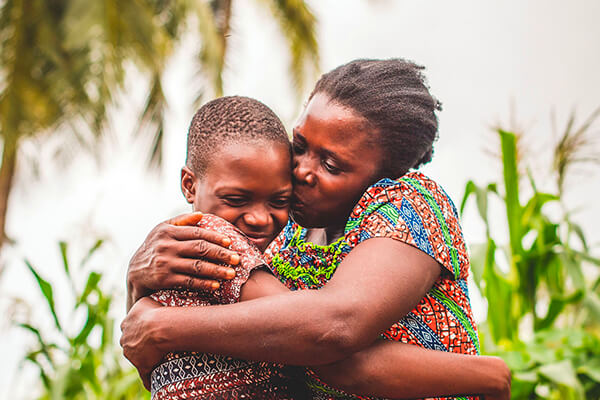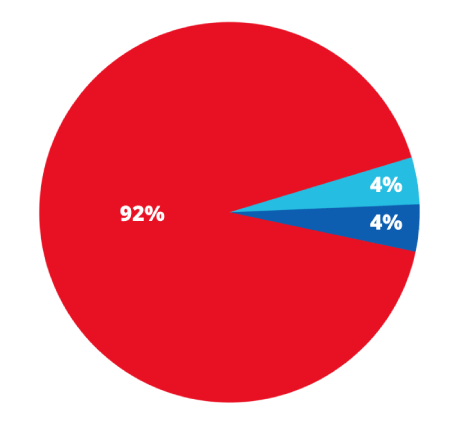Summary
- Clean water is a human right, and essential towards keeping a society happy, productive, and prosperous.
- In sub-Saharan Africa, where fresh water exists but is not accessible for many, hundreds of millions of people face poverty, waterborne illness
- If we make clean water accessible for people in sub-Saharan Africa, we can unlock incredible amounts of human potential and build a happier, healthier world.
- Embrace Relief’s program of water wells in the African countries of Chad, Cameroon, Nigeria and Tanzania is making this world a reality for hundreds of thousands of people.

The Value Of Water
Clean water is one of the essential resources that contribute to the health and growth of communities around the world. We often take this for granted in America, where clean water is accessible in nearly every home and building. But in other parts of the world, like sub-Saharan Africa, access to clean water is far from universal. It is estimated that more than 300 million people in sub-Saharan Africa lack access to clean water, and this has a significant impact on their health, economic productivity, and social bonds. Addressing this situation is crucial to reducing poverty and improving the standard of living for people in this part of the world.
Clean water makes us healthier
One of the significant impacts of access to clean water is on health. Inadequate access to clean water results in a high rate of waterborne diseases such as cholera and typhoid fever. According to the World Health Organization, diarrheal disease causes nearly 300,000 deaths in children under 5 years old each year, with contaminated water a primary cause.
Fresh water is plentiful in sub-Saharan Africa, but because most of it is located underground, it is functionally inaccessible for most people without a well. And because many communities do not have the wealth and materials to build a well, people must instead turn towards more accessible sources of water. These include rivers, lakes, ponds, and open holes that catch rainwater. But these sources offer no protection from bacteria and parasites, leaving millions of people at constant risk for deadly illnesses. Providing access to clean water has been shown over and over again to reduce the impact of disease.
Meanwhile, in many communities in sub-Saharan Africa, young girls are often responsible for collecting water from distant sources, and this takes up a lot of their time. Consequently, this has negative effects on their education, as they have little time to study, and their health. According to the World Bank, access to clean water in schools increases attendance rates, resulting in marked improvement in the performance of students in schools where there is access to clean water. In Kenya, for instance, the introduction of clean water in schools has led to a 12% improvement in the academic performance of students.

Clean water makes us more prosperous
Access to clean water has also created economic opportunities in sub-Saharan Africa. For the women and children who are often responsible for fetching water, which takes up a lot of their time. With access to clean water, this time can be redirected to other productive economic activities, leading to an improvement in their economic status. In Tanzania, for instance, the implementation of the National Rural Water Supply and Sanitation Program has resulted in a significant reduction in the time spent on fetching water, freeing up time for other income-generating activities.
Additionally, access to clean water has a positive impact on agriculture. Farmers need clean water to irrigate their crops, and with access to clean water, they can improve their crop yields, leading to increased income. In Chad, the building of rural water wells by Embrace Relief has promoted a massive increase in both the amount and diversity of agricultural production, allowing for increased trade and a better economic return for farmers.
In conclusion, access to clean water has had a significant positive impact on communities in Sub-Saharan Africa. It has improved health by reducing waterborne diseases, improved education by increasing attendance rates and academic performance, and created economic opportunities by freeing up time for other productive activities and improving agricultural production. With continued efforts towards providing clean water to communities in sub-Saharan Africa, it is possible to achieve sustained economic and social development in these communities.

Help Embrace Relief change lives in Africa!
This is where Embrace Relief – and you – come in. Since 2013, Embrace Relief has been building water wells to lift communities across sub-Saharan Africa. Through our Clean Water Initiative and Fountains of Hope project, and thanks to the support of donors like you, we have been able to construct or rebuild more than 760 water wells across the countries of Chad, Cameroon, Nigeria, and Tanzania. These wells are currently providing life-giving clean drinking water to more than 760,000 people, and will continue to do so thanks to Embrace Relief’s guarantee to never abandon our wells. Read all about Embrace Relief’s water wells by clicking here.
Quick Donation
Donate today to Embrace Relief’s Clean Water Initiative
* $1,300 will ensure the reconstruction of a water well – in your name (or any name you wish!) in Africa. *






















